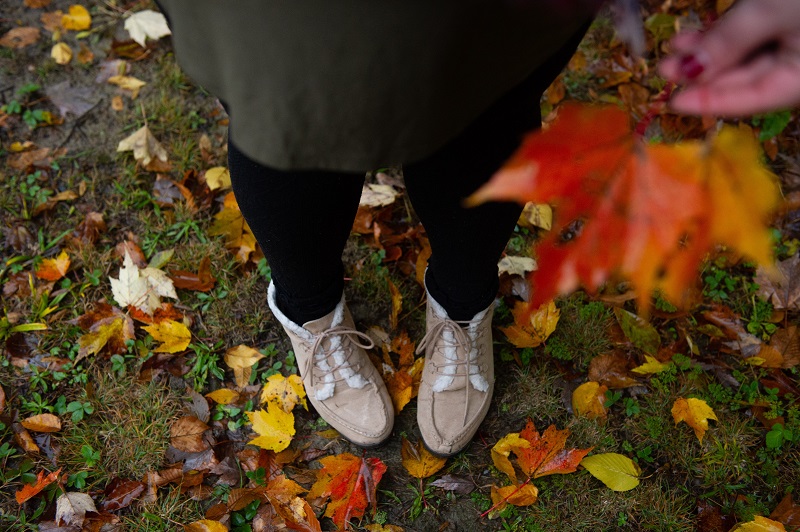October is a symphony of permanence and change.
Bonaro W. Overstreet
The temperatures are dropping.
Summer suddenly feels like a distant memory.
You don’t feel sad. You don’t think you’re depressed.
But you just feel… off.
What’s going on?
Read on for 5 surprising signs you could be experiencing seasonal affective disorder:
1. You’re sleeping more than usual
Maybe you’re counting down the hours til bedtime. Or hitting the snooze button a few extra times in the morning. (Or both.) For those who experience seasonal affective disorder, hypersomnia (i.e., oversleeping) can be one of the most common signs. It’s also one of the most commonly ignored, however, as many of us tend to consider sleep issues to be something we simply have to put up with. But, your waking hours shouldn’t feel like a chore. If you’re noticing changes to your sleep, don’t wait to ask for help.
TRY THIS:
Start incorporating new self-care habits to help restore your energy throughout the season.
2. You’re feeling tired or low in energy
From brewing a pot of coffee to paying your bills… suddenly, it seems like even life’s minor tasks feel exhausting. And while it’s normal to have days when your energy feels a bit “off”, you shouldn’t have to psych yourself up just to get through a normal day. If you feel like your tank is continually teetering on the edge of empty, it’s a good idea to speak up.
TRY THIS:
Ask yourself: Is there something I can let go of for awhile?
3. You’re noticing changes to your appetite
Our bodies are complex and dynamic, with ever-evolving needs. So, some degree of fluctuation in appetite isn’t typically a cause for alarm. But, when you notice a sharp or steady increase in your hunger level day after day, or persistent cravings (especially for foods high in carbohydrates), without any reasonable explanation, it could signal a need for additional support.
TRY THIS:
Aim for a balance of nutritional and emotional nourishment.
4. You’re feeling restless or agitated
Maybe it’s a physical sensation that makes it hard to sit still. Or perhaps it’s an emotional sense of agitation or irritability. The darker days can contribute to a sense that you’re trapped… in your feelings, in your home, in your job, in this season. And while the changing weather might present challenges to planning outdoor activities, finding even small chances to step outside your environment can make all the difference.
TRY THIS:
Seize opportunities to get out in the fresh air and savor the season.
5. It’s harder to move around
Even if the weather isn’t yet limiting your movements, it might be feeling harder to move at all. And we’re not simply talking about the stiffness you feel after a good Netflix binge. (That’s to be expected!) If you’re noticing a heaviness in your arms and legs, or a general sluggishness in your body, and you can’t account for why, it may be time to reach out to a professional for support.
TRY THIS:
Experiment with new types of movement that feel good to you.
Enjoy this post? You might also like:
Seasonal Depression?
Cabin Fever: A Survival Guide
Spring Cleaning for Your Emotional Wellness
Curious to learn more about seasonal affective disorder? Ready to speak with a professional?

